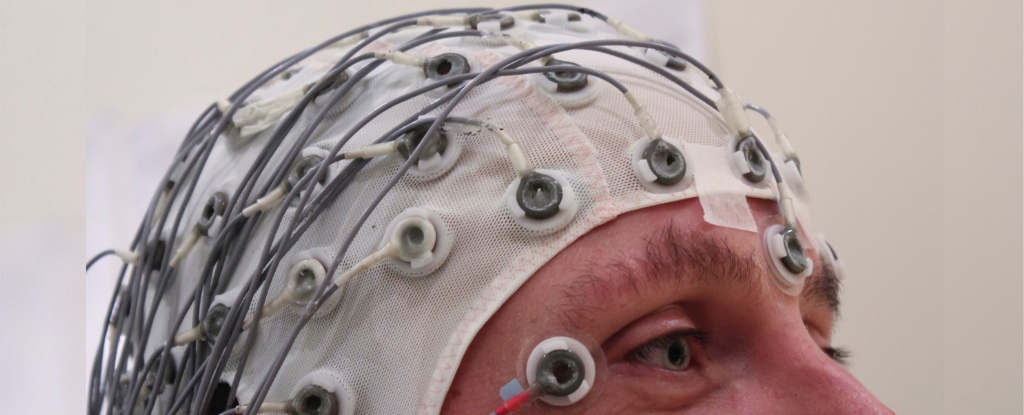Researchers in the field of neuroscience and psychology have been studying ways to improve cognitive function for several decades. The ability to enhance attention, memory, and other mental capabilities can have significant implications in high-stakes environments, such as air traffic control, or for individuals with neuropsychiatric conditions, like dementia. One emerging technology that has recently gained attention is transcranial alternating current stimulation (tACS).
TACS involves the use of weak electrical currents that oscillate at specific frequencies to stimulate specific brain regions to induce rhythmic brain activity. The purpose of tACS is to externally induce rhythmic brain activity that promotes healthy mental function, particularly when the brain might not be able to produce these rhythms on its own. However, the effectiveness of tACS has been a topic of debate in the field of brain stimulation, and researchers have been examining whether it can strengthen or revive brain rhythms to change mental function.
To determine the consistency of the evidence across several studies, researchers have conducted a meta-analysis of over 100 published studies with more than 2,800 human participants. The study found that tACS could improve cognitive function across several measures, with the strongest improvements observed in executive function, attention, and the ability to memorize information for short and long periods.
Targeted Design for Specific Clinical Needs
Interestingly, researchers also found that a specialized type of tACS could target two brain regions at the same time and manipulate how they communicate with each other. This bidirectional effect on mental function could be particularly useful in the clinic, as psychiatric conditions like depression may involve a reduced ability to process rewards, while others like bipolar disorder may involve a highly active reward processing system.
If tACS can change mental function in either direction, researchers may be able to develop flexible and targeted designs that cater to specific clinical needs. With developments in the field of tACS, researchers are closer to being able to safely enhance mental function in a non-invasive way that doesn’t require medication.
To conclude, tACS is a promising technology for enhancing cognitive function in individuals with neuropsychiatric conditions and in high-stakes environments. While the effectiveness of tACS is still being studied, the current statistical evidence across the literature suggests that tACS holds promise, and improving its design could help it produce stronger, long-lasting changes in mental function.



Leave a Reply